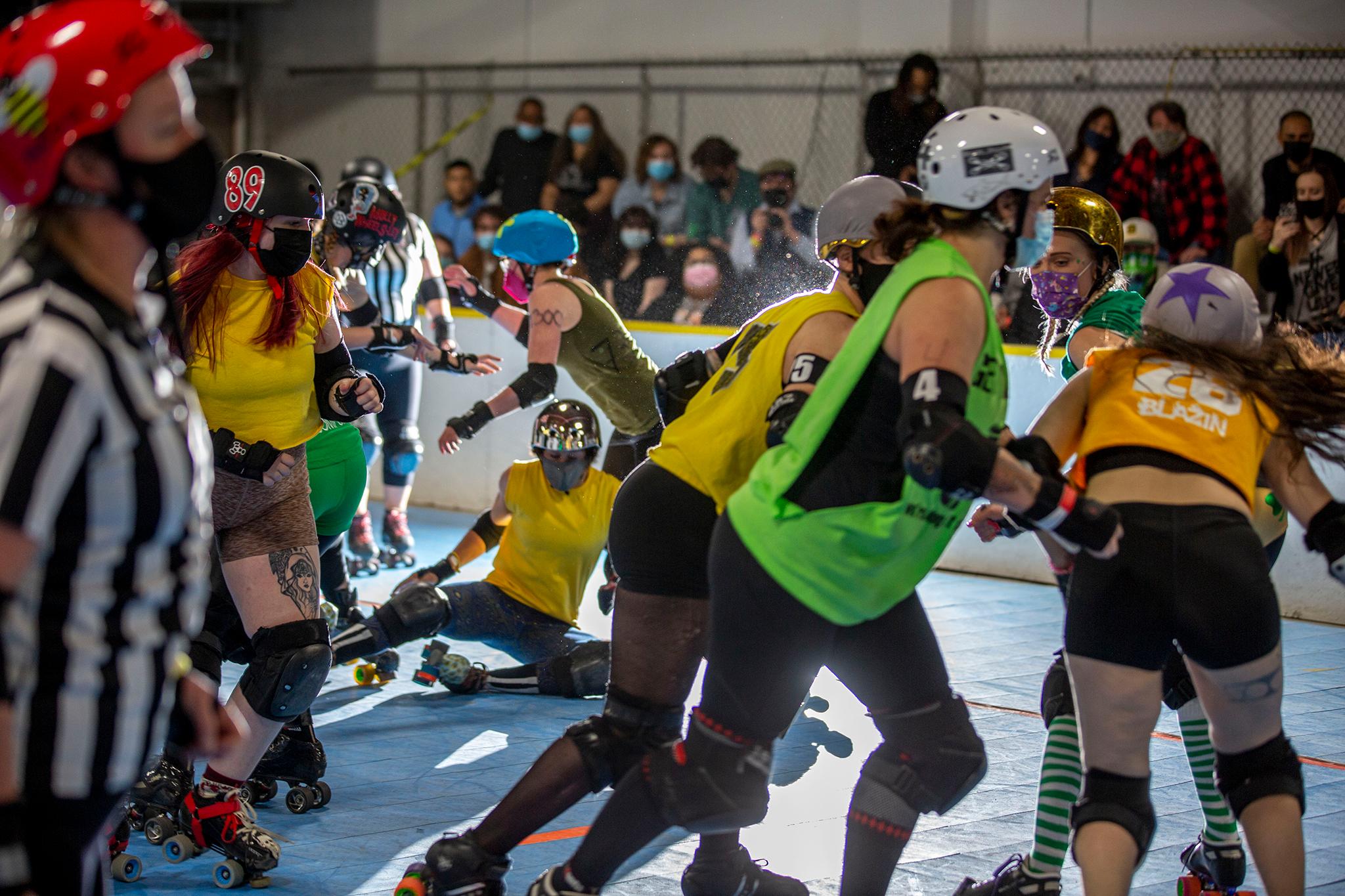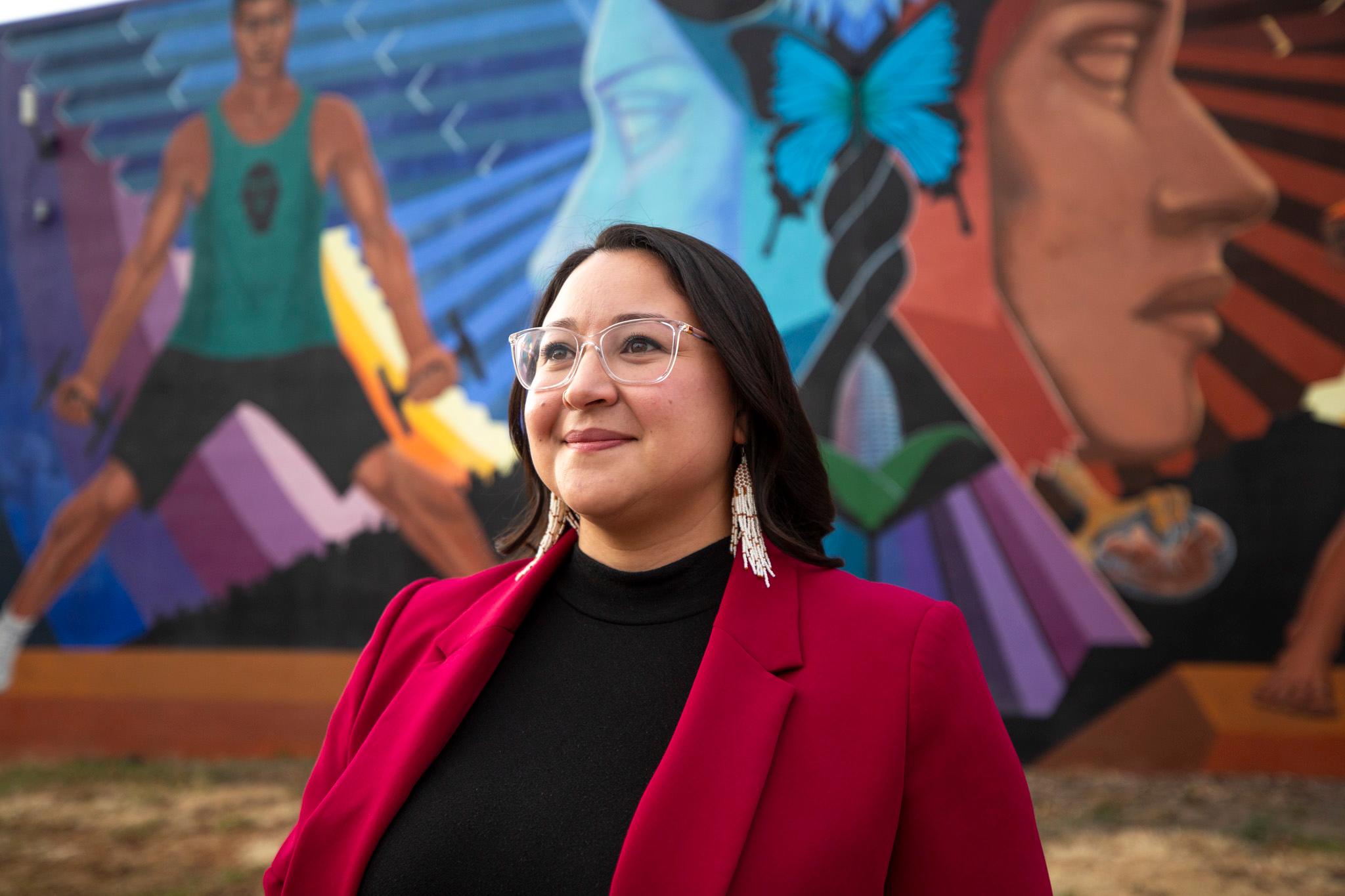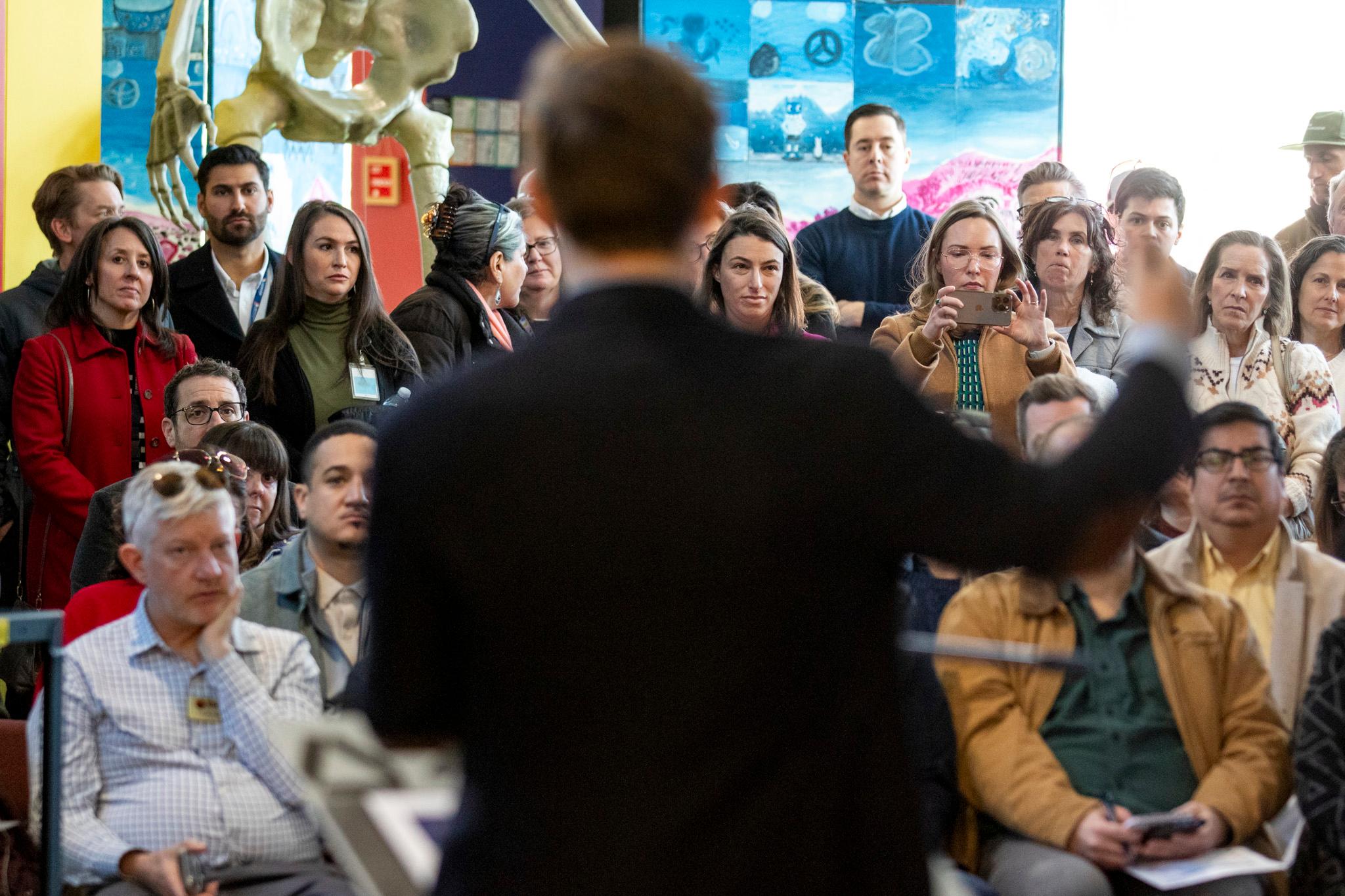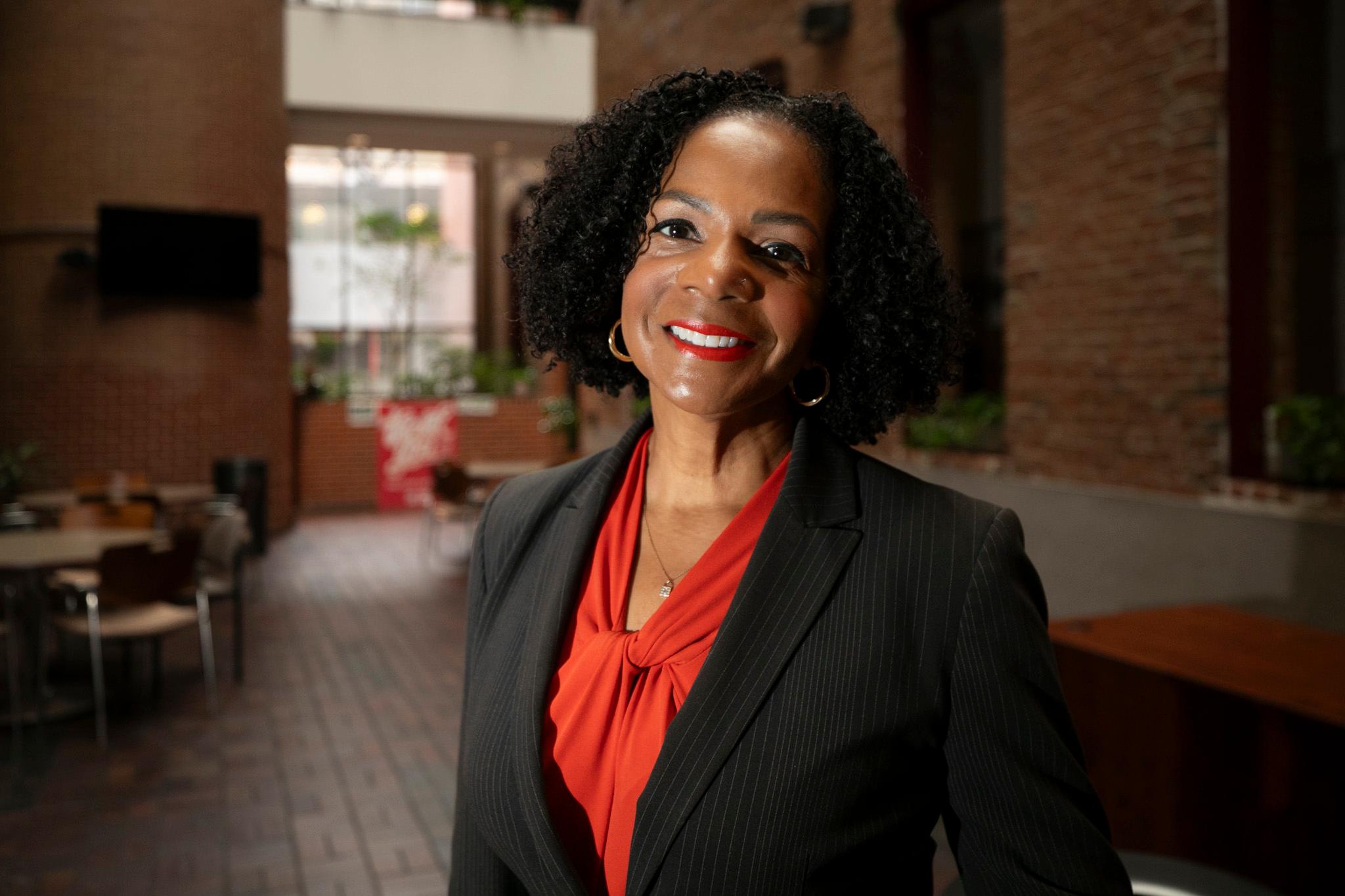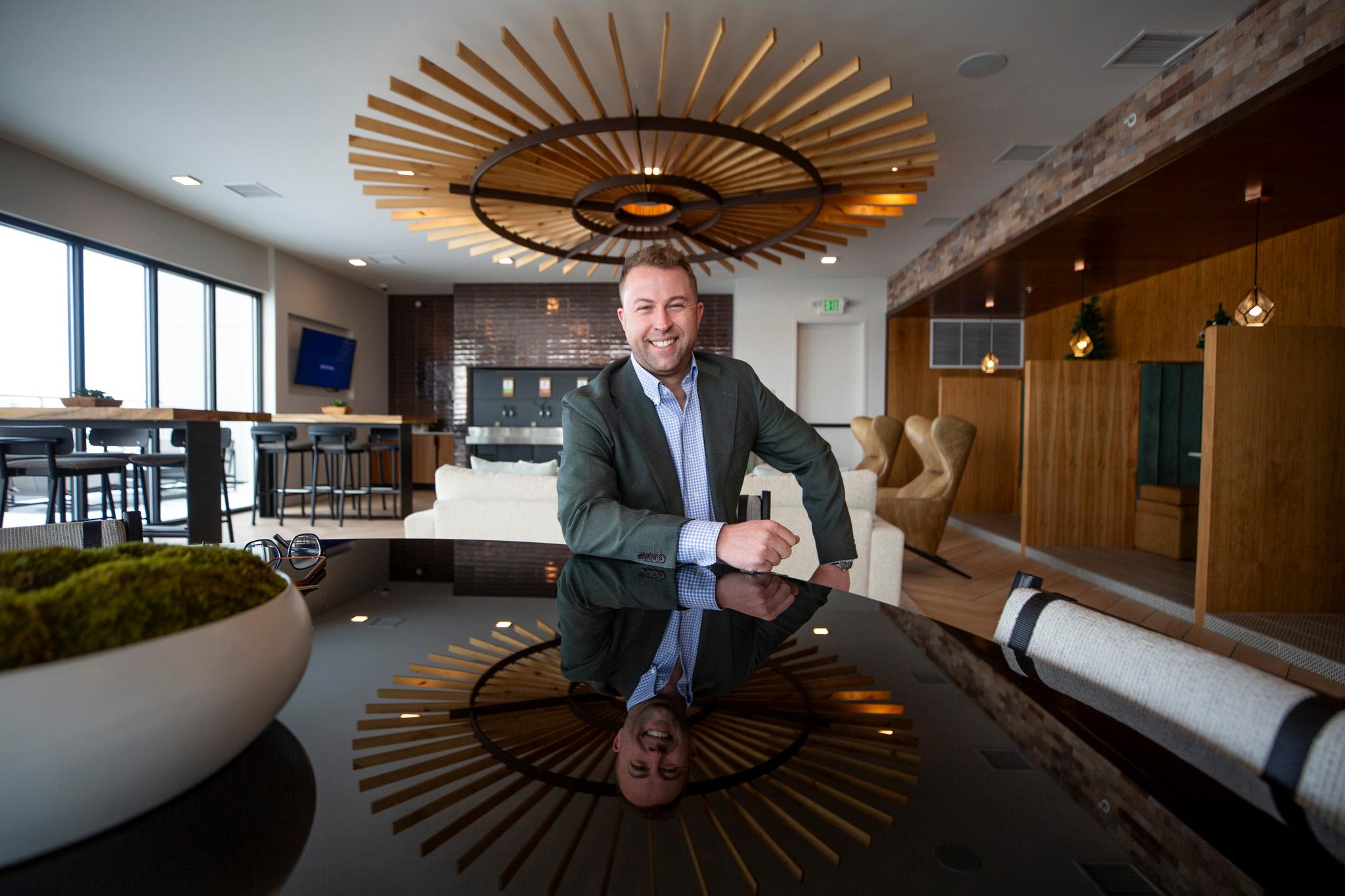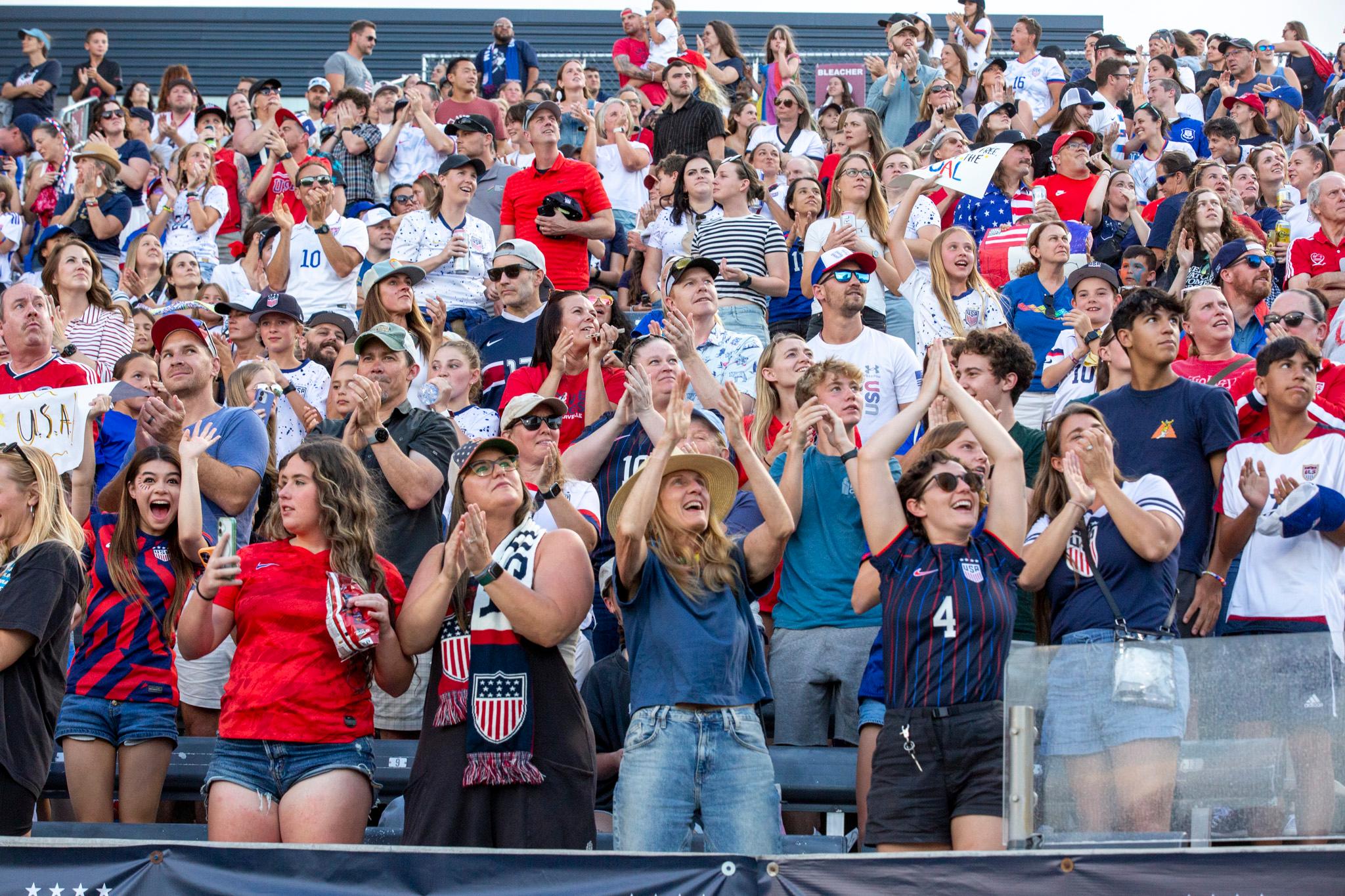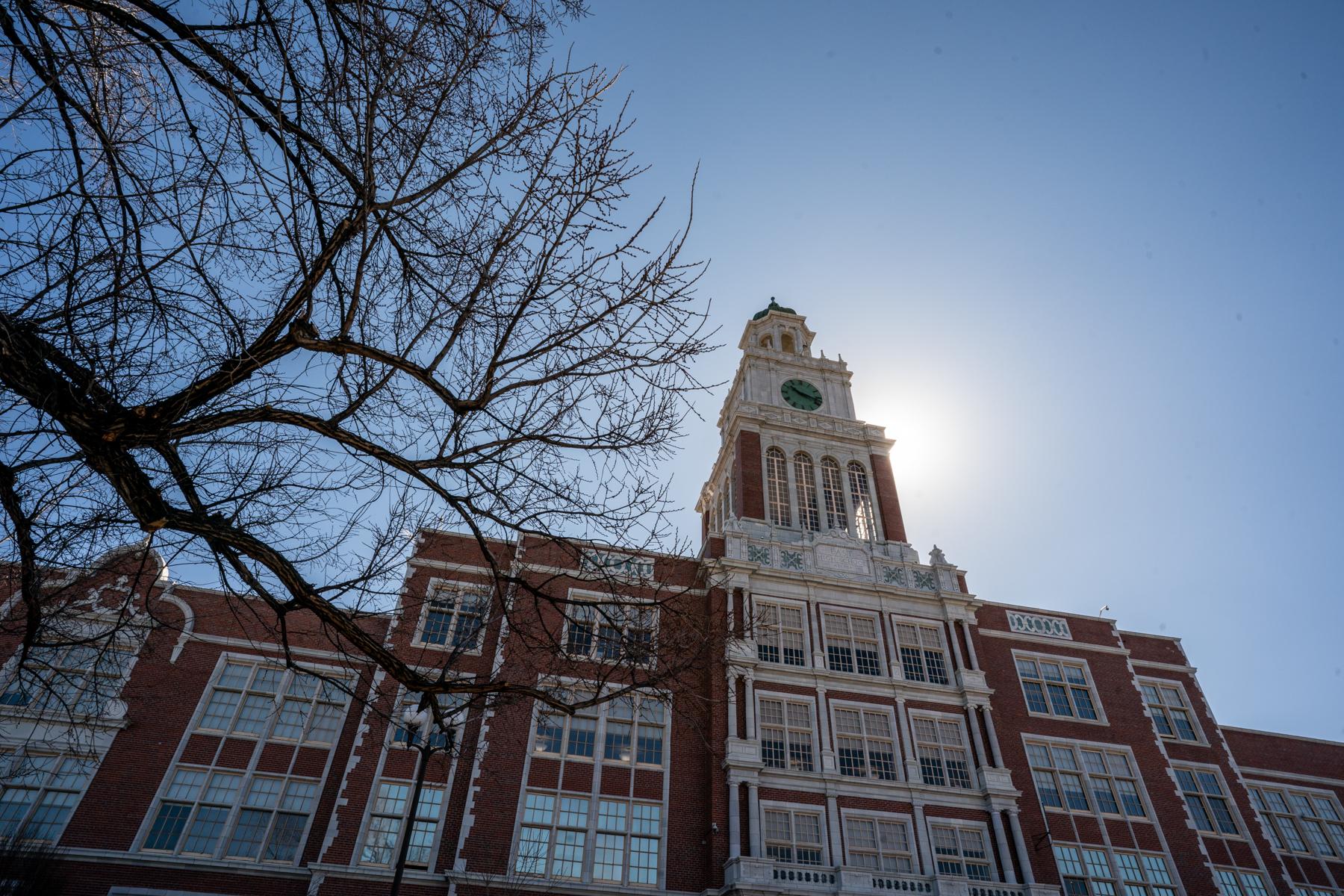Samantha Mack first learned about roller derby in 2014. A friend took her to a match in Tucson, Arizona. Mack already knew how to skate, so after watching the event she rolled her way into the sport and became Jams Bond.
Since then, the sport has become a "gateway" for Jams, an outlet to finding her "community." She's met friends and her wife.
But as much as roller derby has grown as a sport, especially in terms of inclusivity and acknowledgment of gender definitions, Jams also found that not all "safe spaces" are created equal.
Jams said derby is a predominantly white sport and lacks ethnic diversity. It's also an expensive sport with little financial gain. Equipment, practices and league fees can make the sport inaccessible. So when it comes to having conversations around BIPOC inclusion, Jams said the conversation gets quiet.
"I feel like the sport could use a lot of diversification and education on what it means to be really inclusive," she said. "The sport is very inclusive to gay rights, trans rights...I would like for derby to pay as much attention to their people of color and hear them just as clearly as they do their LGBTQI community. When it comes to sexuality, everyone is roped in but when we talk about the racism in the sport, it gets silent."
Jams said with her stature (about 6″ tall with skates), dark skin and type A personality, she has experienced microaggressions in the sport.
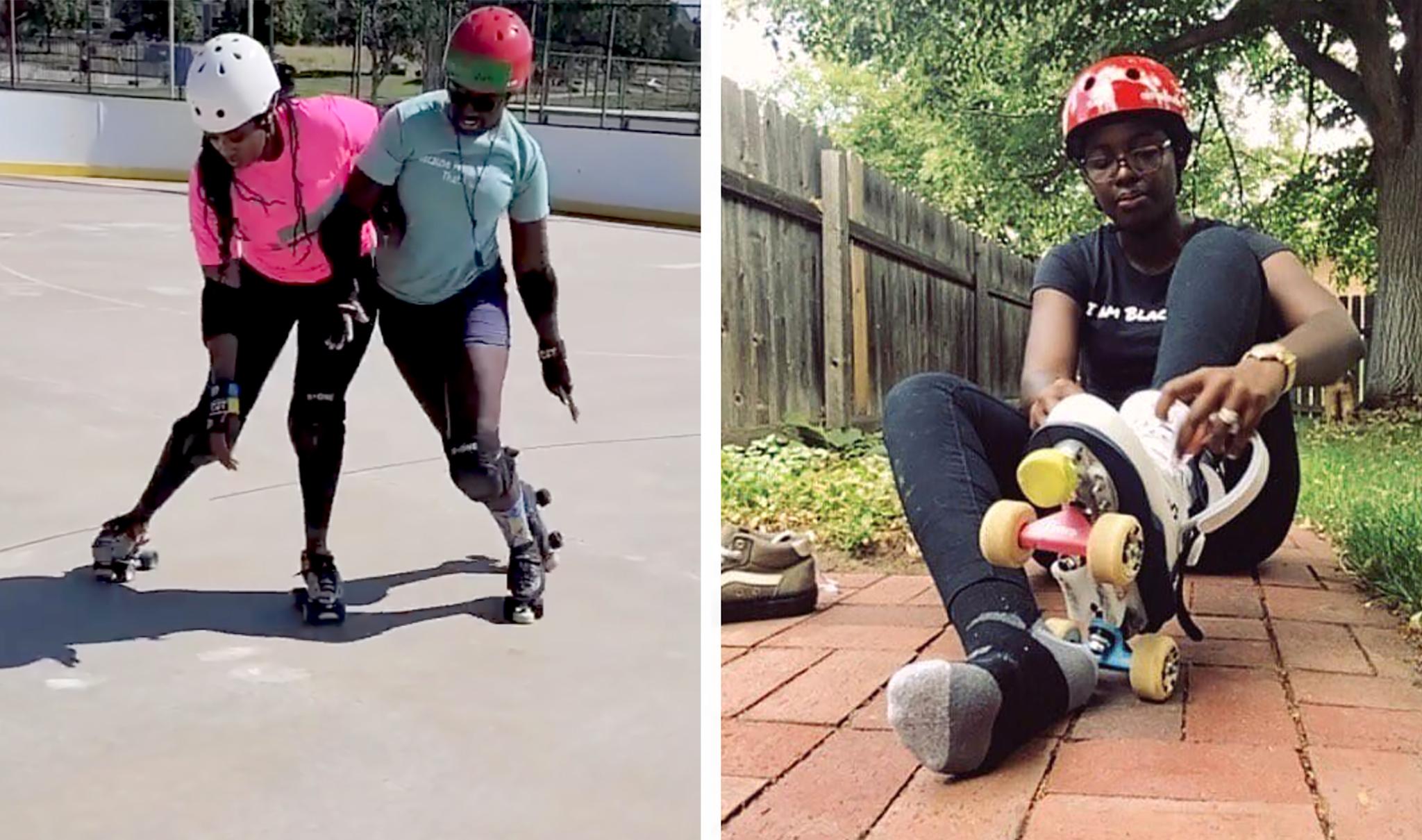
So, in August, Jams decided to create her own space and started the Colorado Shiners team, Colorado's first BIPOC only roller derby team.
A press release from the Shiners said skaters from traditionally underrepresented backgrounds "have also faced being called on penalties that white skaters are not called on, being told they're playing more aggressively in comparison to others, being called by skin color instead of team color, or being confused with another skater of color by the announcers."
Jams said creating a space for minorities was important but it's also important to note why creating a separate space had to be done: BIPOC needed to feel safe, too.
"We shouldn't have to separate ourselves," Jams said. "We shouldn't have to have a team for just BIPOC people for BIPOC people to feel safe. I want these other teams to be acceptable to people of color so people don't have to travel and feel safe. When they see the Shiners, I don't want them to say, 'I'm so glad they have that.' I want them to say, 'Wow it sucks they didn't feel safe enough to skate on the existing teams.'"
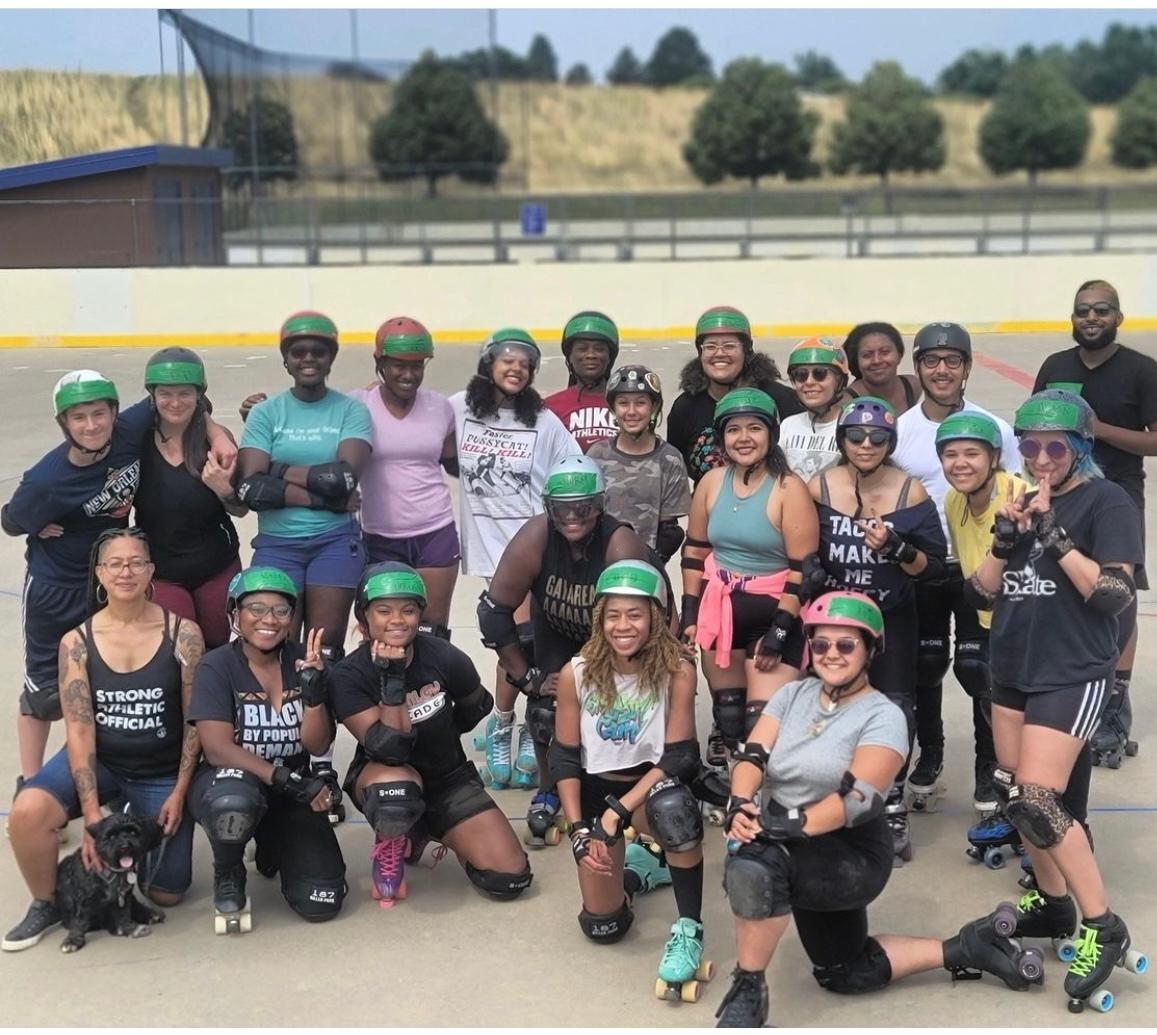
Roller derby has a long history.
According to the Women's Flat Track Derby Association, which is the international governing body for women's roller derby, the sport dates back to the 1920s and was popularized in the late 30s by Leo Seltzer.
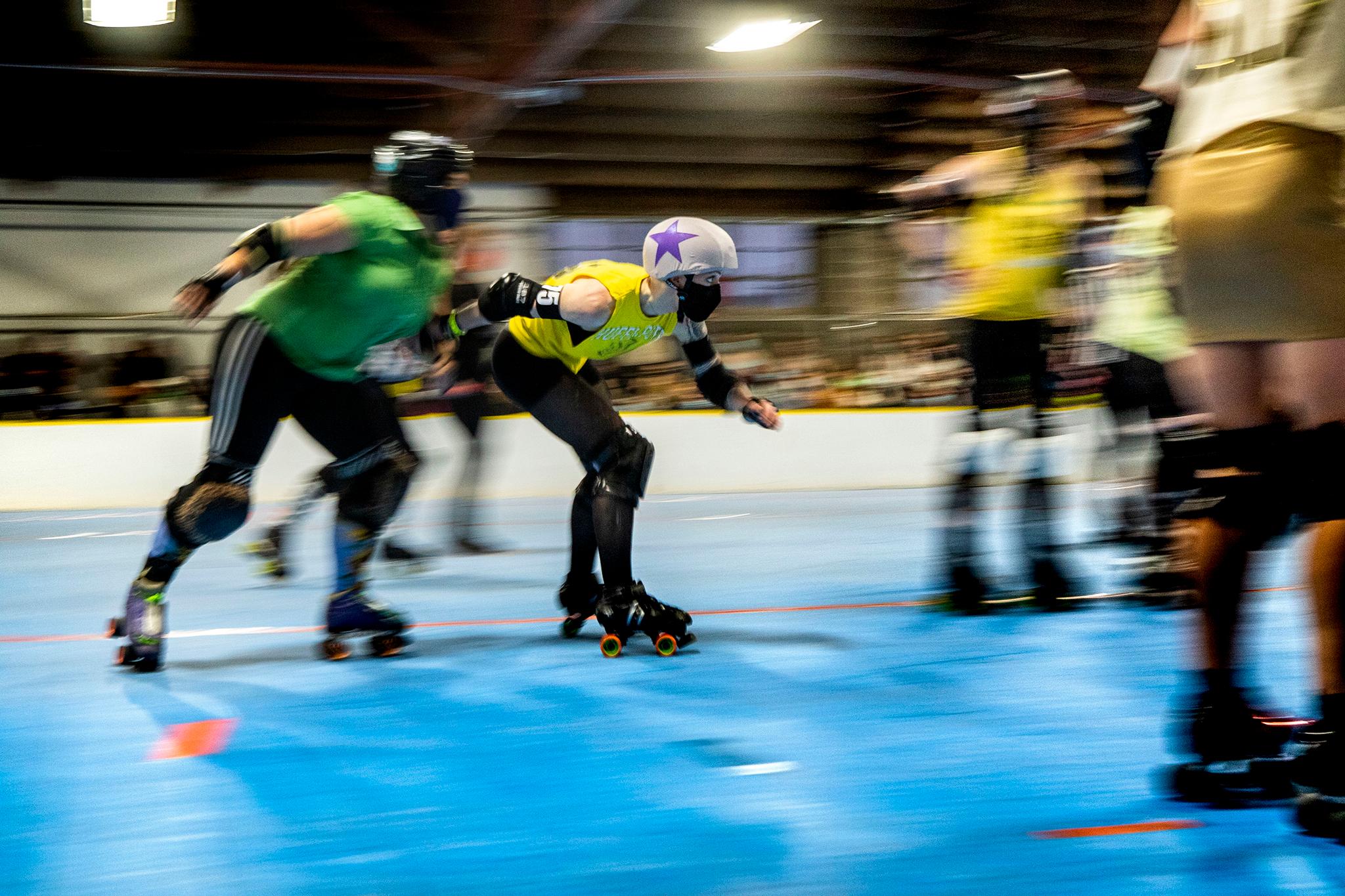
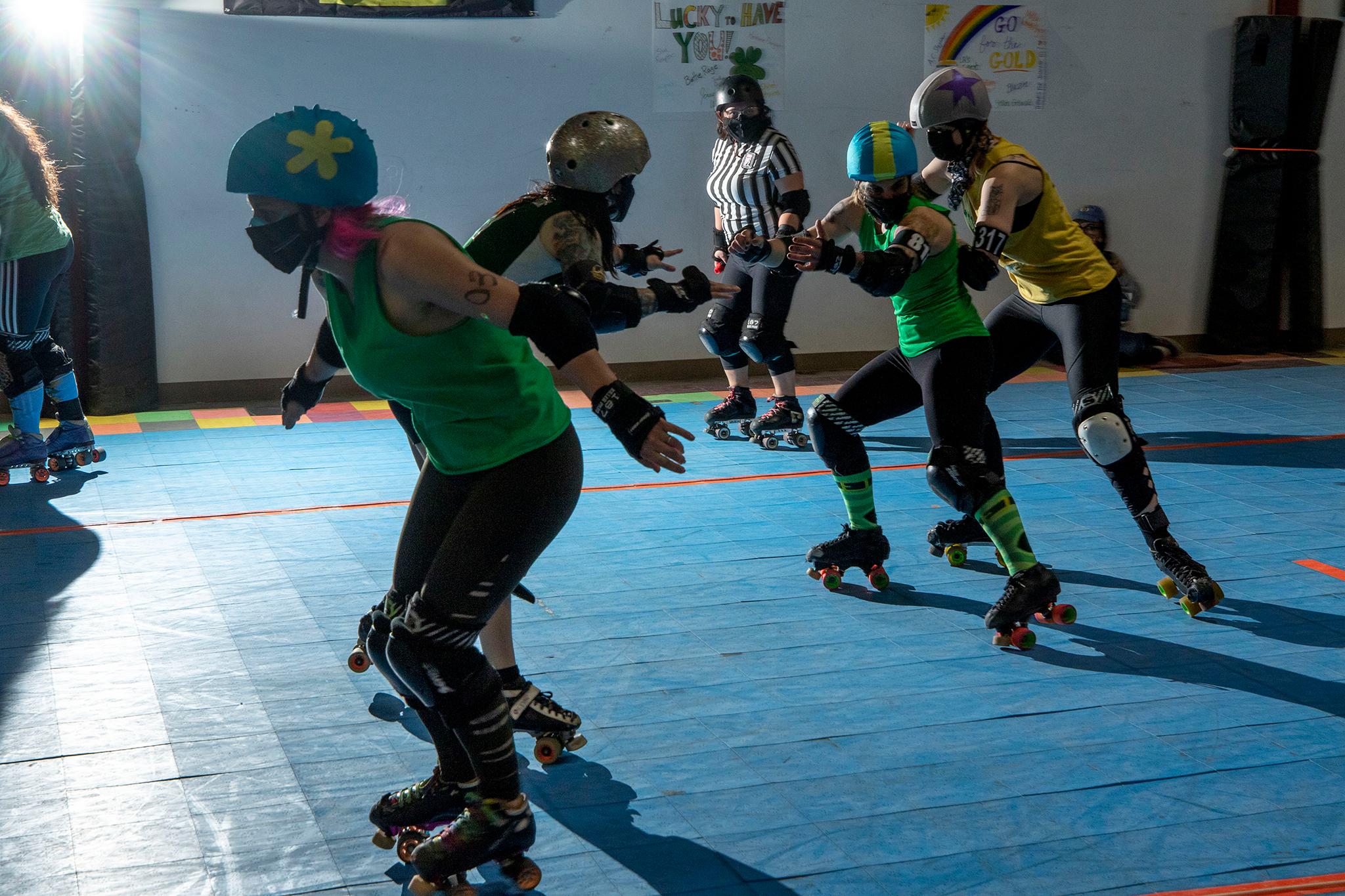
It later became sports entertainment a la pro-wrestling, thanks to Seltzer's son, Jerry. There were theatrics, storylines, heels (bad guys) and baby faces (good guys) and the matches were pre-determined. But that later died down.
The sports' revitalization began in Austin with the Texas Rollergirls in the early 2000s. The Derby Association was born and now there are about 400 member leagues around the world.
So where do Colorado and Denver tie into all this?
Four Colorado teams are in the top 100 Association rankings as of March 2020, the most recent year of play because of the pandemic.
Rocky Mountain Roller Derby, formerly known as Rocky Mountain Rollergirls, was one of the first teams to join the Derby Association in 2004. It's ranked 40th. Denver Roller Derby, previously known as the Denver Roller Dolls, are ranked 4th -- in the world.
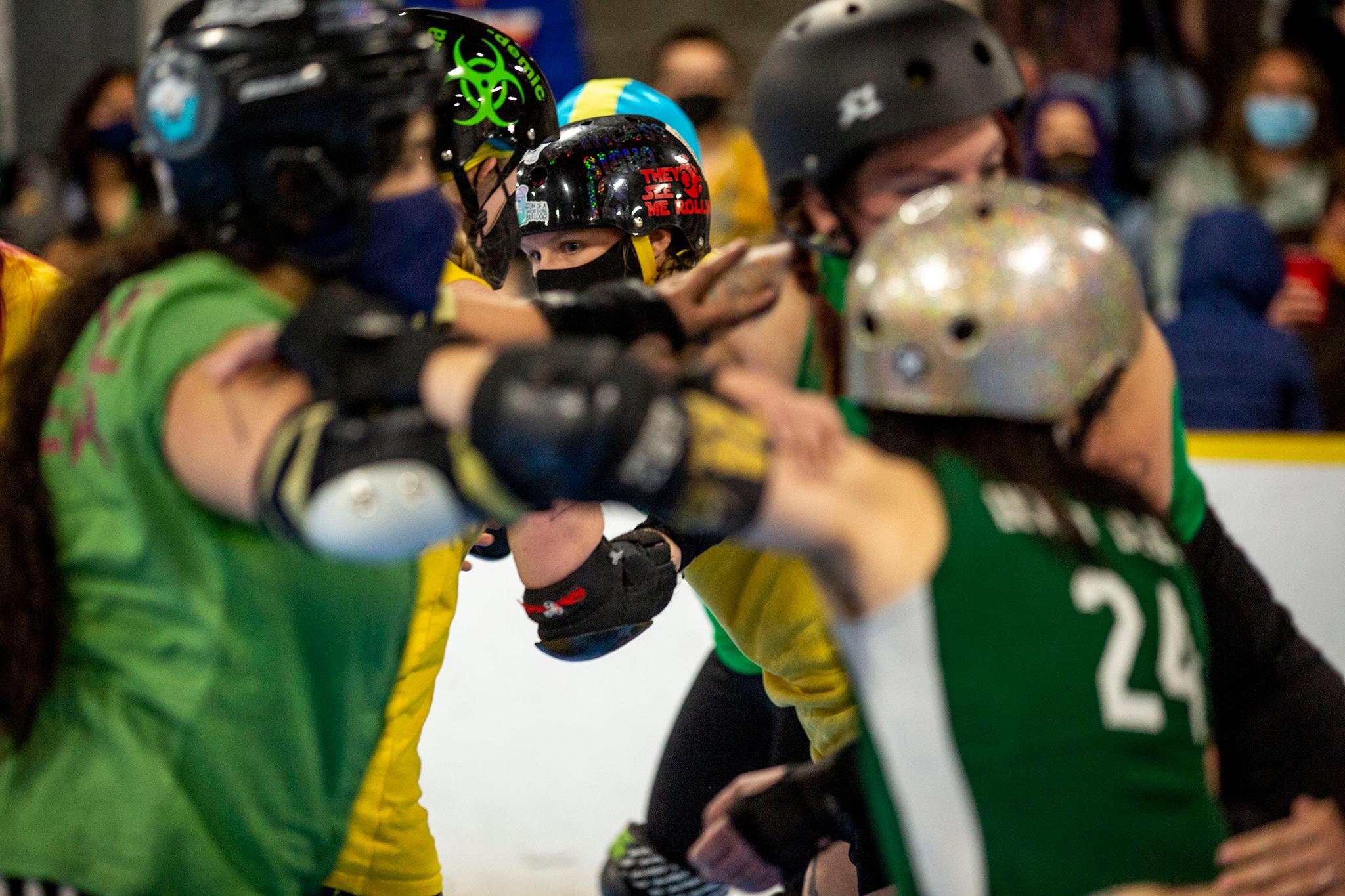
There's also this competition called The Roller Derby World Cup. The teams are separated by country and the U.S. team -- USA Roller Derby -- is made up of skaters from various Association teams. USA Roller Derby held the Cup three times: 2011, 2014 and 2018.
The U.S. won all three cups and skaters from Colorado competed in each win.
'Colorado has a really massive derby scene,' said Rocky Mountain derby skater Kristy Rowe.
"Rocky Mountain has been around for 18 years. It was a real scrappy group of individuals at that time. It's always been very grassroots, very DIY," said Rowe, who is better known by her derby name, Harper Bizarre. "I think the history of Rocky Mountain was female empowerment, athleticism and having a safe space... It was all women at the time and now we've expanded our definition to female-identifying and non-binary people."
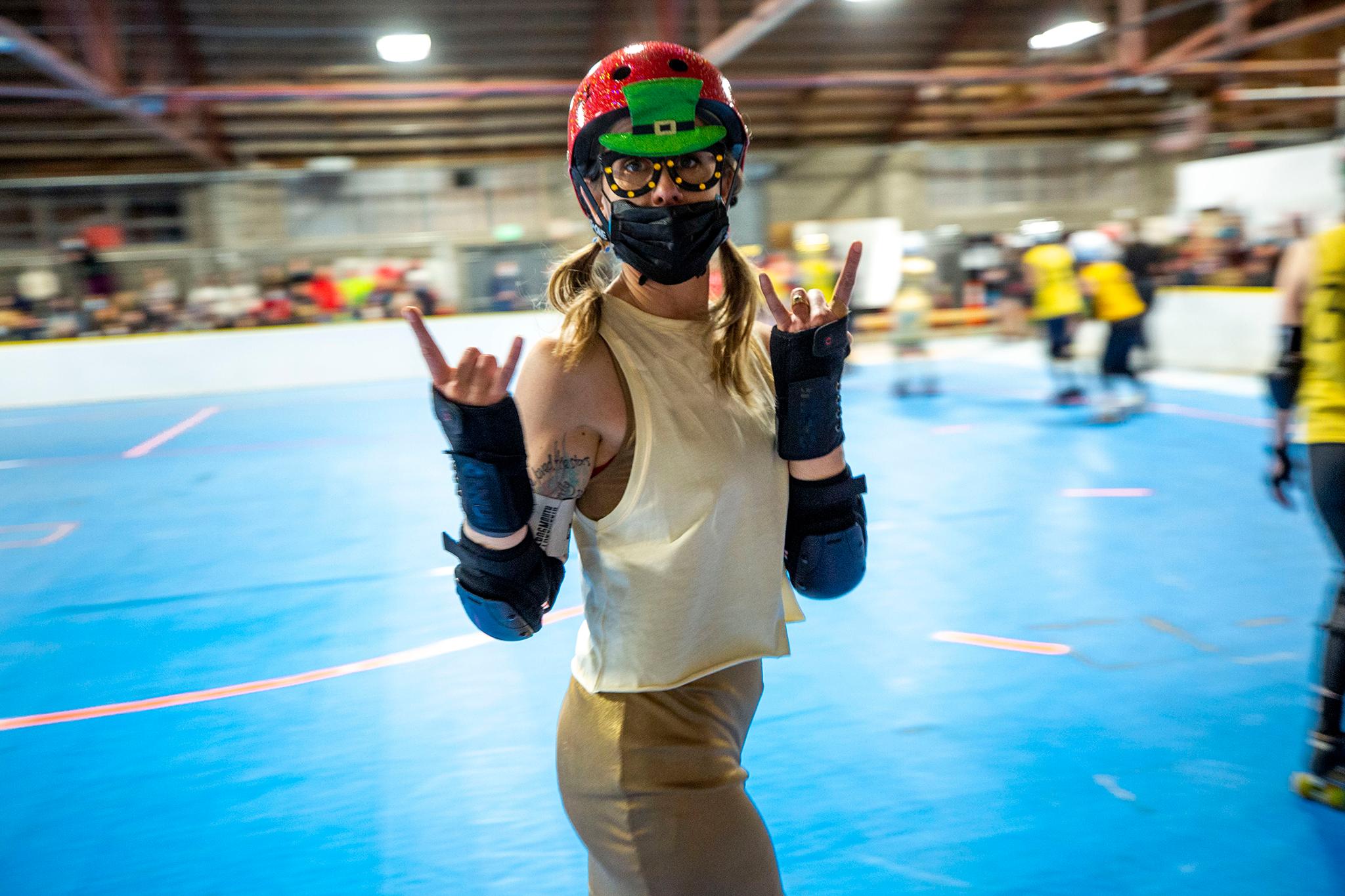
Skating is what drew Harper to the sport but the empowerment, camaraderie and competition are what keep her around, similar to Jams.
Harper said she wasn't a big sports person growing up. She played lacrosse one year in high school, took some yoga classes and hikes occasionally. But for her 30th birthday, she threw a party at a skating rink and wanted to continue skating. A friend suggested roller derby and Harper joined a squad soon after and discovered she's pretty good at it.
Harper and Jams are jammers, which are the scorers of the team. Derby consists of jammers and blockers. Five skaters from each team, one jammer and four blockers, compete for two-minute scrimmages. The goal is for the jammer to break out of the pack of blockers and lap their opponents. Each blocker the jammer laps equals a point. It's the blockers job to stop this from happening.
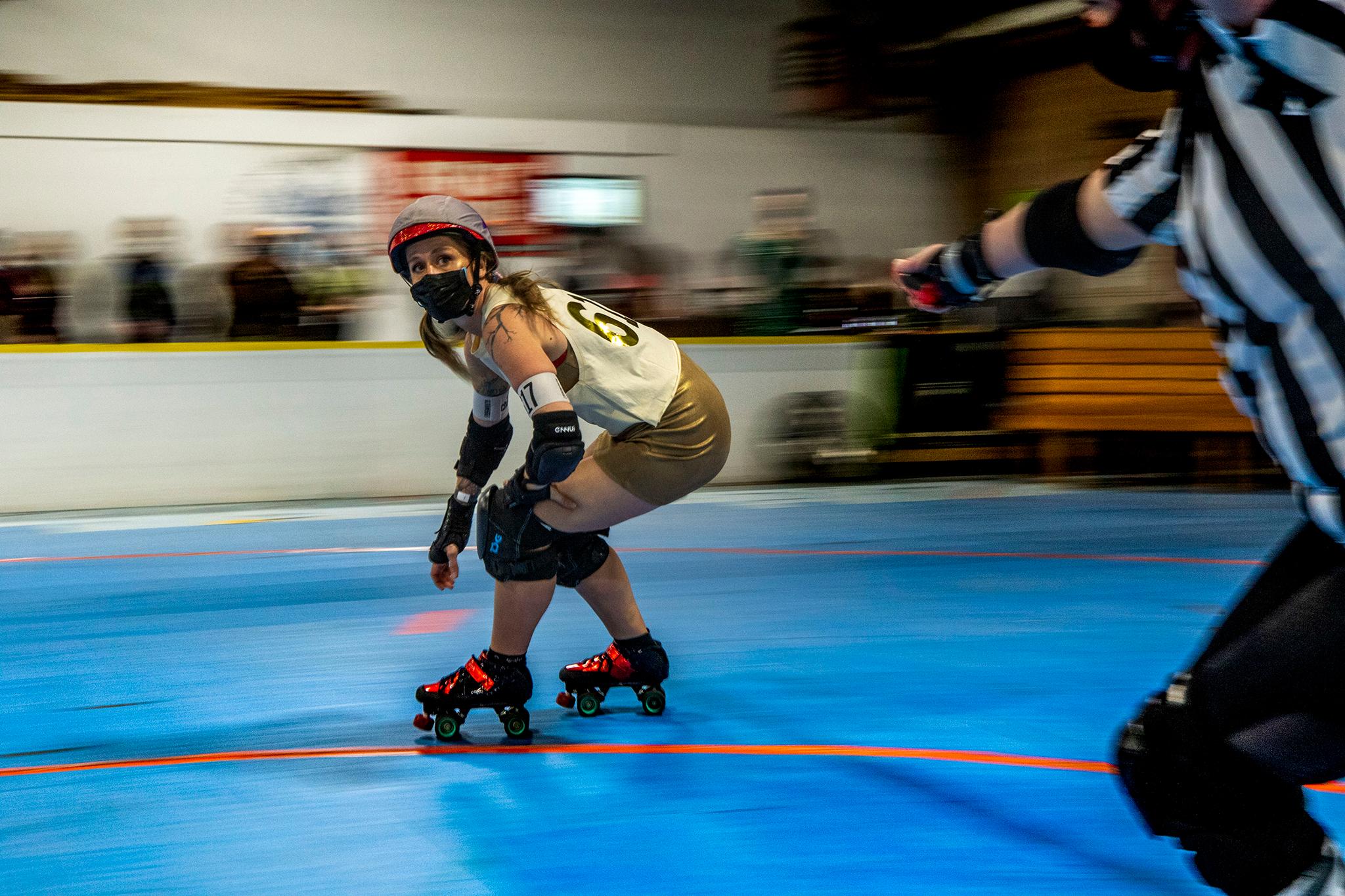
Like Jams, Harper believes the sport has room to grow, especially in terms of affordability. The Shiners won't be charging a membership fee and they will assist in providing gear through a sponsorship and scholarship program with Death and Glory Skate Shop.
"Derby has always considered itself to be progressive and inclusive but there's been a lot of reckoning around the world about what that really means," Harper said. "Camaraderie and community have to be huge in roller derby. No one gets paid to do this. We have to be invested in the organization because the organization literally would not exist without its people."
Harper said prior to the pandemic, Rocky Mountain had a financial hardship fund to help skaters with dues or help kids get gear. Harper also said the teams planned to have more community outreach events but the pandemic hindered both plans.
The pandemic shut down derby for a long 18 months. Since its return last fall, Harper said the league has focused on getting people back into the stands and getting the organization back on track.
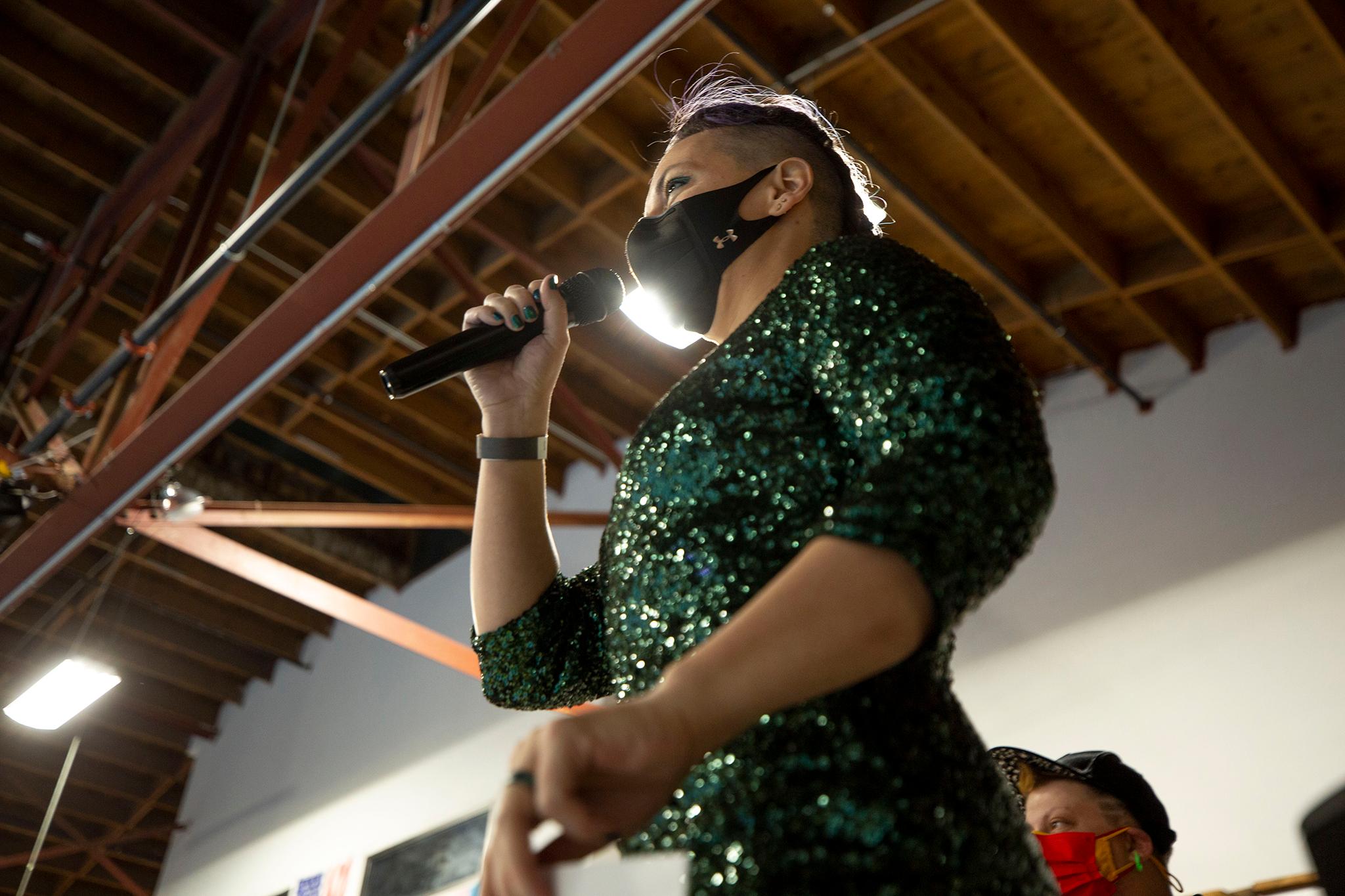
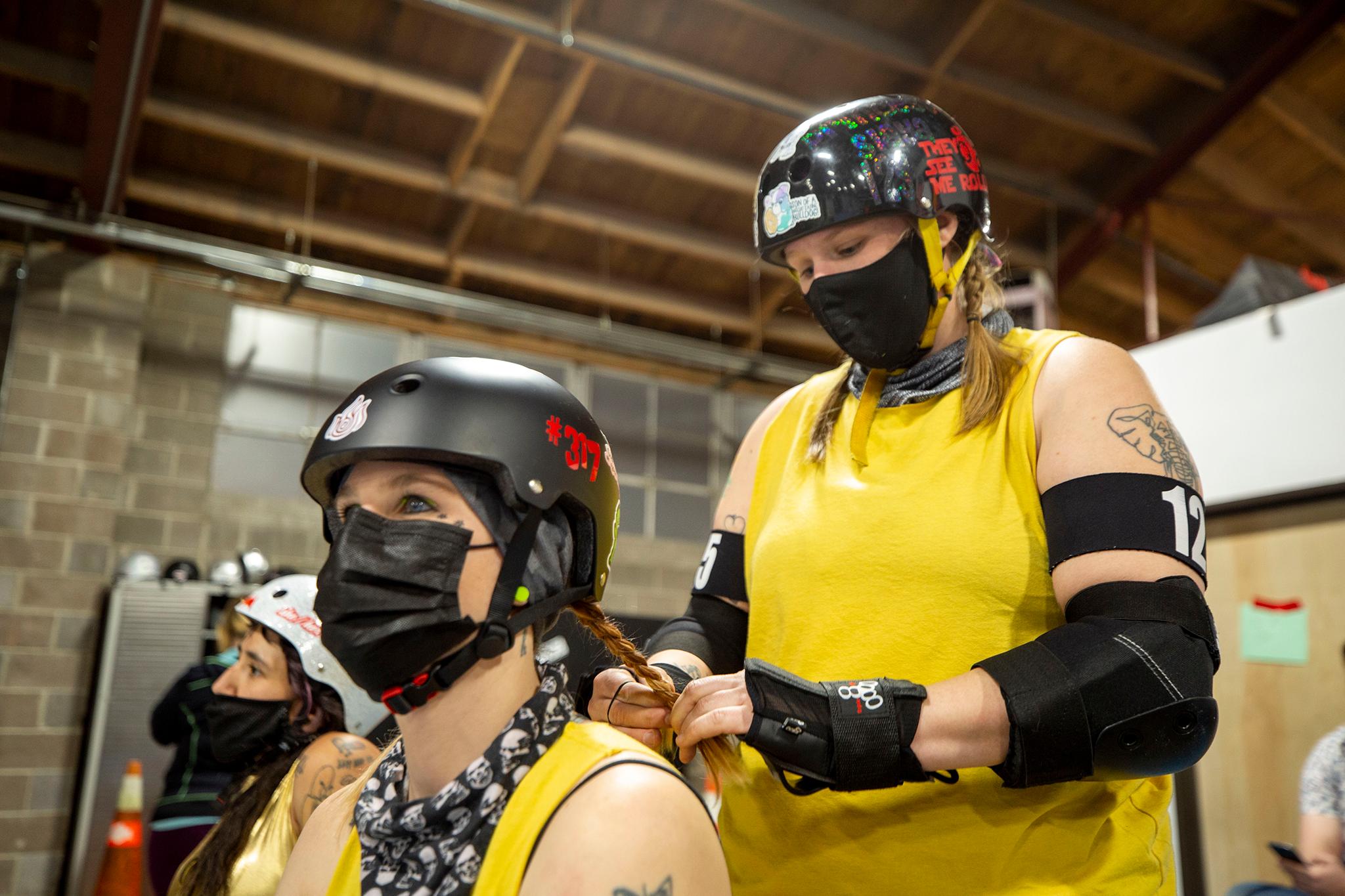
And it's working. Derby is back!
On a calm Saturday night, chaos ensued at the Rollerdome, located in Denver's Overland neighborhood. There were hip bumps, shoulder smashes, one-legged pivots, whistle-blowing and blurs of gold and green clashing and colliding with each other.
It was roller derby night and the skaters from Rocky Mountain were indeed moving and shaking.
"We've sold out our first couple of events back," Harper said. "People are just dying to get back out and do stuff. There's a pent-up need. It's starting to feel 'normal again.'"
Jams, from the Shiners, is hoping for a similar feeling when her team hosts the first BIPOC Bowl on April 9 and 10 at the Rollerdome. It's a double-elimination tournament exclusively for minority skaters from any organization. Anyone who doesn't identify as a person of color can sign up to be a referee or volunteer.
Jams said roller derby has some ways to go before the sport becomes accessible for all communities, whether it's the LGBTQIA or BIPOC communities or those with less monetary flexibility. Jams notes that repairing diversity issues doesn't fall only into her hands but she hopes the Shiners shine a light on the need for a solution.
"I can't tell anyone how to fix something they don't see is broken," Jams said. "We wanted to start a league that would be able to provide accessibility and affordability. We're building a community. Derby means access to community."
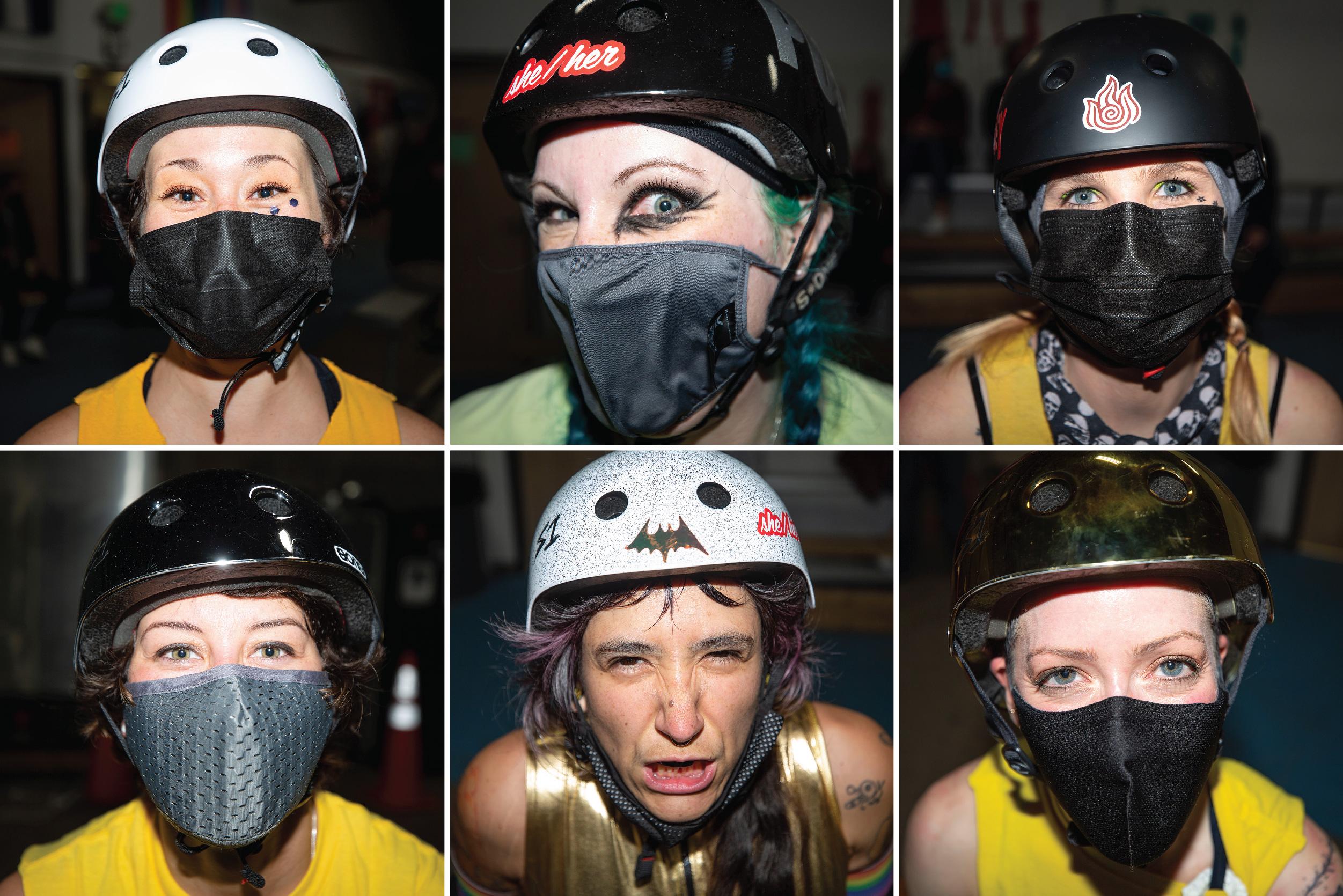
Interested in more derby events? Check out a double-header hosted by Denver Roller Derby at the Rollerdome: 2375 S Delaware St.

